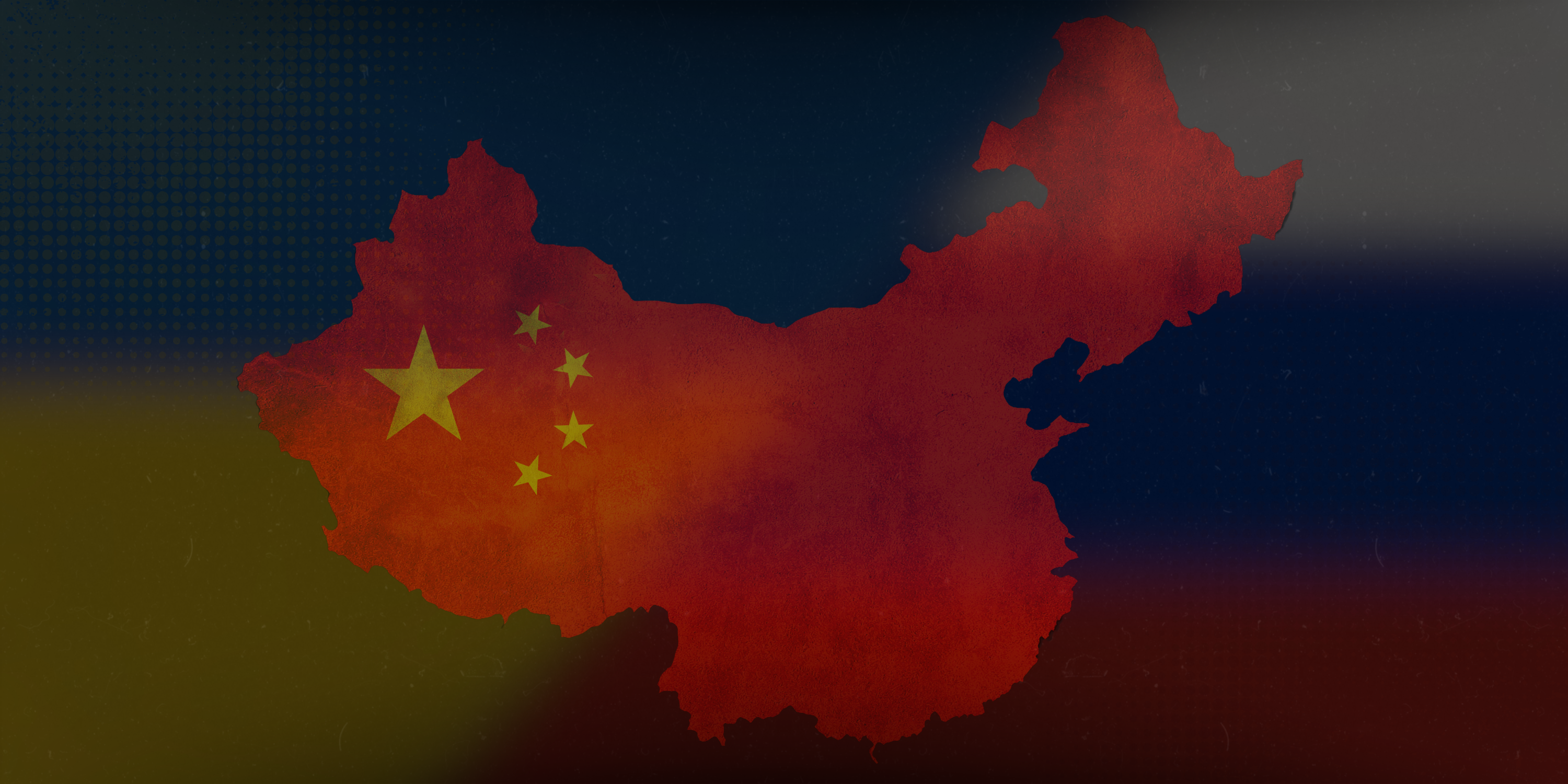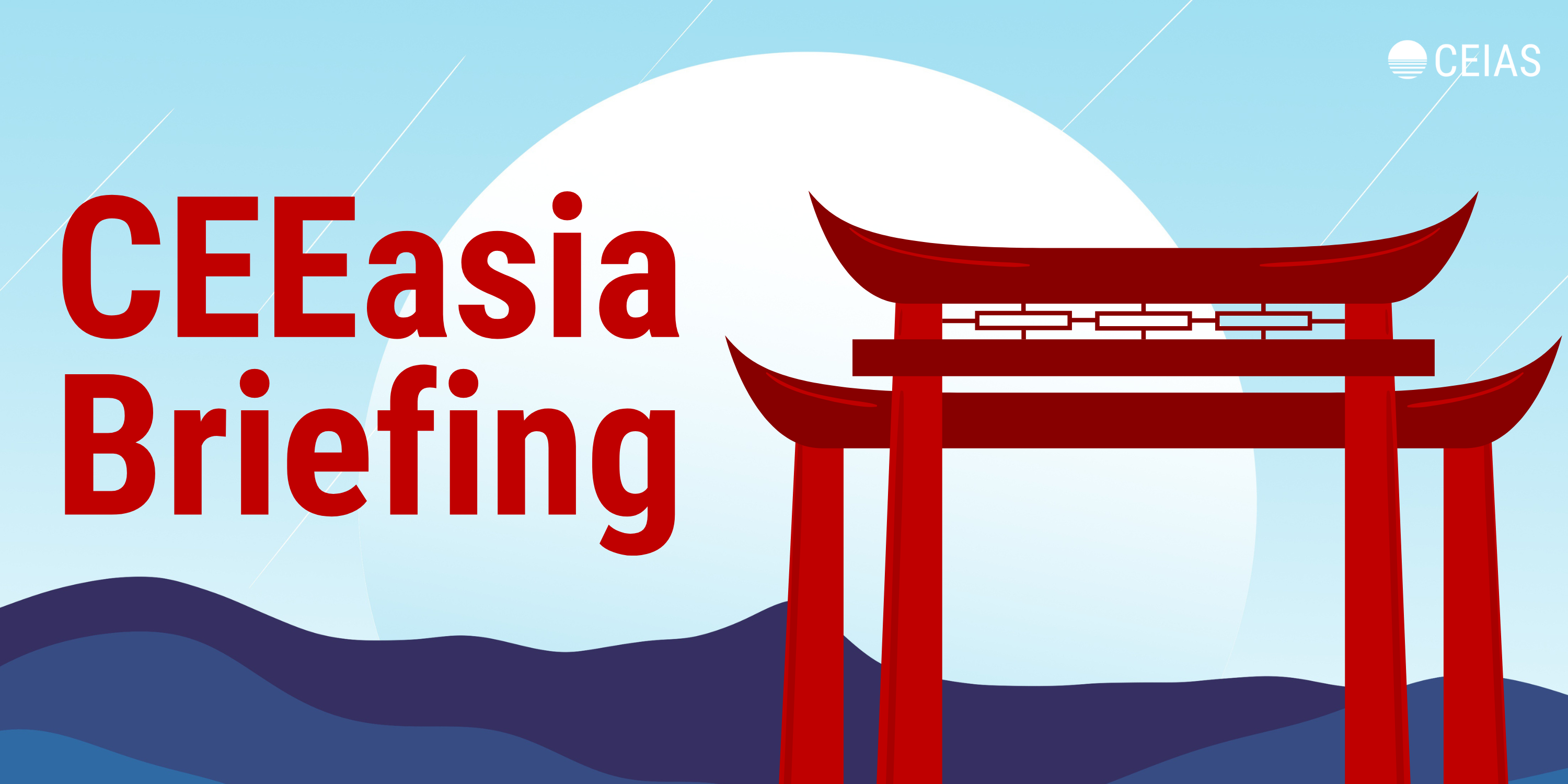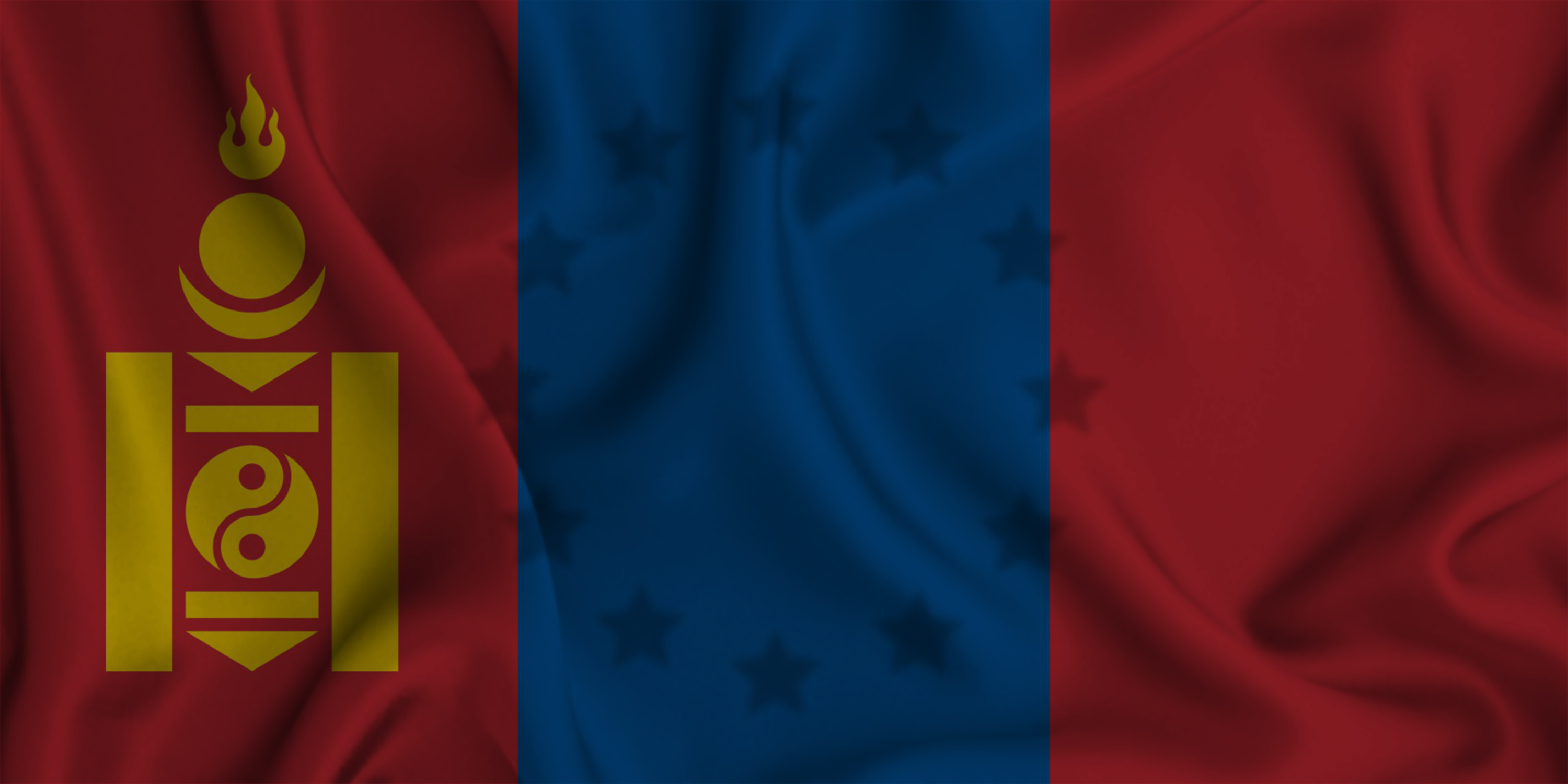Chinese media paint a bleak picture of the Kursk offensive, reflecting the long-standing features of the Chinese coverage of the war that favors Russian stances.
Key takeaways:
-
China’s media portray the Ukrainian military operation in the Russian Kursk region as unlikely to succeed and as a “strategic military mistake.”
-
The media argue that the Kursk operation undermined the peace negotiations and claim that Zelenskyy’s calls to partners for permission to use Western-made weapons may lead to further escalation.
-
Chinese media references both Ukrainian and Russian officials, but Russian sources prevail in framing the narrative.
The Ukrainian military operation in Russia’s Kursk region that began in August 2024 has been widely covered by Chinese media. Overall, their reporting presents the situation in a predominantly negative light, describing it as a strategic blunder, destined to fail, an act of nuclear terrorism, and a spiral of escalation that has derailed peace talks. Several key narratives can be identified in the Chinese media’s portrayal of the events.
A strategic blunder
The dominant narrative suggests that Ukraine’s offensive is a mistake from both military and strategic perspectives. For example, an article from the state-run China News Center asserts that Ukraine failed to divert Russian forces away from the Donetsk front. Instead, Russia has intensified its offensive toward Pokrovsk in western Donetsk, a loss that could undermine Ukraine’s combat capabilities and disrupt its supply lines. The article concludes that this would allow Russia to achieve its goal of capturing the entire Donetsk region.
Citing American political scientist John Mearsheimer, who has been accused of spreading disinformation about Ukraine by the National Security Council of Ukraine, the article claims that Ukraine lacks the human and material resources needed for a war of attrition. Mearsheimer is quoted as saying that the Kursk offensive is a “major strategic mistake” that will hasten Ukraine’s defeat, emphasizing that Russian losses are relatively small compared to Ukraine’s.
This pessimistic assessment of Ukraine’s Kursk operation is echoed in an article by the Chinese state news agency Xinhua, which argues that Ukraine failed to divert Russian forces and now faces the problem of maintaining the occupied territories in Kursk. The article highlights the challenges posed by the extended front line, a situation more favorable for Russia due to its greater weapons, ammunition, and personnel resources.
The German military expert Gustav Gressel of the European Council on Foreign Relations is also cited in the article. He argued that “the advantages of the Ukrainian forces can turn into a disadvantage,” “Ukraine does not have enough forces and means to keep the territory in the Kursk region under control,” there are “communication problems in this area,” and that “an extended front line will be more favorable for Russia, which has more weapons, ammunition and personnel that can be used on a longer front line.” The article concludes that “the Kursk offensive threatens to lead to the end of Ukrainian military power.”
An article on China Central Television (CCTV) echoed this narrative. It quoted Russian media and officials who agreed with the thesis that “the Ukrainian side should be clear, that striking Russian regions is senseless from a military point of view,” that “Russian troops are advancing at a faster rate,” and that “catastrophic losses await the Ukrainian army.”
The Kursk operation undermined the possibilities for peace negotiations
A second recurring theme in Chinese media is the notion that the Kursk operation has derailed peace negotiations with Russia. The above-mentioned China News Center article, citing Russian Foreign Minister Sergey Lavrov, claims that peace talks are now impossible following Ukraine’s incursion into the Kursk region. In this context, Ukraine’s efforts in the Kursk direction are portrayed as futile.
Xinhua further develops this argument, stating that despite some Ukrainian progress in Kursk, Kyiv has been unable to fully achieve its goals. Meanwhile, Russian forces continue to fortify their positions on other fronts. The article suggests that “since neither side is taking significant steps to de-escalate, the prospects for peace talks in the near future remain unclear”. The same article quotes Yuriy Ushakov, the assistant to the president of Russia, as saying that “at this stage, Russia will not hold a dialogue with Ukraine.”
Chinese media also emphasize that Ukraine’s actions in Kursk may escalate the conflict further. For instance, the article references a statement by Ukrainian President Volodymyr Zelenskyy urging Western partners to lift restrictions on Ukraine’s use of Western weapons against Russian territory. This appeal, the article suggests, could lead to more delays in peace efforts and exacerbate the conflict.
Ukraine’s actions are an act of nuclear terrorism
Another prominent narrative is the accusation that Ukraine’s attack on Kursk amounts to nuclear terrorism. For instance, an article by CCTV quotes Russian Foreign Ministry spokesperson Maria Zakharova, who alleges that Ukraine attempted to target the Kursk Nuclear Power Plant (NPP) with kamikaze drones. The drones were reportedly shot down near the plant, and debris was found close to a spent nuclear fuel storage facility. Zakharova claims that Ukrainian forces have included the Kursk plant on their list of targets, though the article provides no evidence or statements from the International Atomic Energy Agency (IAEA). Later, Rafael Grossi, director general of the IAEA, visited the Kursk NPP, and based on the results of the visit, he did not confirm responsibility for the attack on the Ukrainian side.
Ukraine is a puppet of the United States
A less common but still present narrative is that the Kursk operation was carried out under the direct orders of Ukraine’s Western supporters. In an article on Sina, Lavrov is quoted as saying that “Zelenskyy would not dare to invade the Kursk region, if it was not done at the behest of the US”. Another article from The Paper, published by Shanghai United Media Group, highlights the alleged involvement of American journalists and private military contractors in the operation, presenting this as “evidence of the involvement of the US in the attack of Ukraine on Russian territory”. According to Moscow, “this is clear evidence of the involvement of the USA as a direct participant in the conflict, and that all foreign ‘experts’ and mercenaries who illegally crossed the border automatically become legitimate military targets of the Russian armed forces.”
This narrative is also echoed in the aforementioned CCTV article, which, citing the Russian government, claims that “the West is fighting Russia with the hands of Ukrainians”, “the Armed Forces not only use heavy weapons and weapons provided by NATO countries, but also part their fighters are mercenaries from NATO countries,” and that “foreign planners of the operation will bear responsibility”.
Conclusion: a consistent narrative
In general, Chinese media present the Kursk operation as a strategic error for Ukraine, with little chance of success and growing Ukrainian losses. The reporting frequently references Russian sources, including officials, experts, and anonymous reports, while selectively quoting Ukrainian officials such as Zelenskyy and Ukrainian military commanders. The coverage paints a grim picture for Ukraine, with concerns about nuclear escalation looming large. Additionally, Western experts—some of whom are openly pro-Russian—are often cited to reinforce the narrative of Ukraine’s impending defeat.
The portrayal is supplemented by Russian Defense Ministry videos showing the destruction of Ukrainian armored vehicles and images of Russian refugees, while similar content showing Ukrainian military successes is notably absent. Despite an attempt to appear neutral, the overall coverage is more favorable to Russia—a characteristic of Chinese media’s reporting since the conflict began.








